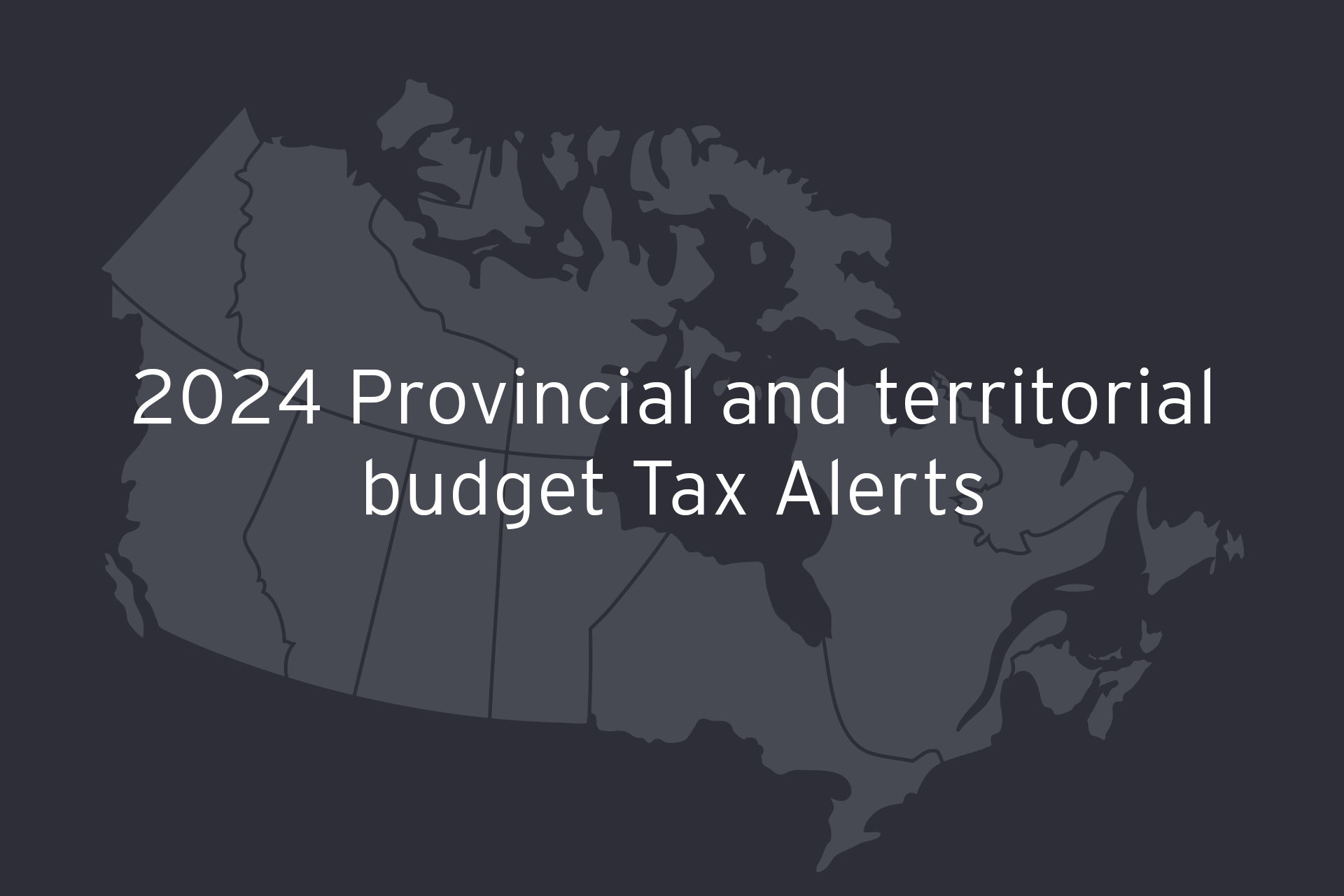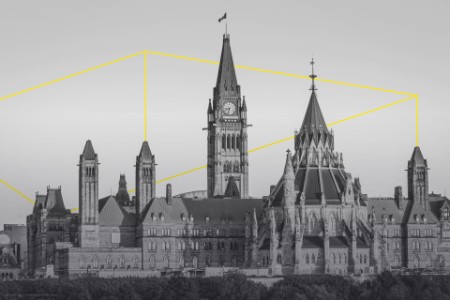Comprehensive budget insights and analysis for you and your business.
Explore the key tax measures announced in the federal, provincial and territorial budgets and how they may affect your business and personal circumstances. Our team of EY tax professionals will do a deep dive into the proposals and provide an in-depth analysis on what this could mean for you and your business.
Federal budget 2024
On 16 April 2024, federal Finance Minister Chrystia Freeland tabled the 2024–2025 budget. For a comprehensive summary of the proposed tax measures and what this could mean for you and your business, see our Highlights+ Tax Alert.

Federal budget 2024: Highlights+ Tax Alert
Read our Highlights+ Tax Alert for an in-depth analysis of what the 2024 federal budget could mean for you and your business.

Live fireside budget debrief
Watch the 30-minute on-demand replay as our advisors provide you with a short yet robust overview and highlights of the federal budget.
In-depth budget analysis
Watch the on-demand replay as we dive deep into the federal budget and provide an in-depth analysis on what this could mean for you and your business.

The 2024 budget is expected to outline substantial investments in areas such as health care and the environment, while managing ongoing concerns related to overspending and the growing debt. The government will likely aim to secure the public's trust in its financial handling of the economy, while striving to accommodate additional expenditures, especially for those affected by inflation, high interest rates and rising living costs. While tax increases are not expected, businesses should be prepared for potential changes in international tax rules and tech-related taxes.
Subscribe to EY's Tax Alerts – Canada
For detailed information on the federal, provincial and territorial budgets sent direct to your inbox.

Explore EY's 2024 provincial and territorial budget Tax Alerts:
British Columbia budget — 22 February 2024
Nunavut budget — 26 February 2024
Alberta budget — 29 February 2024
Nova Scotia budget — 29 February 2024
Prince Edward Island budget — 29 February 2024
Yukon budget — 7 March 2024
Quebec budget — 12 March 2024
New Brunswick budget — 19 March 2024
Saskatchewan budget — 20 March 2024
Newfoundland and Labrador budget — 21 March 2024
Ontario budget — 26 March 2024
Manitoba budget — 2 April 2024
Northwest Territories budget — TBD
Past budget coverage:
Tax Alerts - Canada
Tax Alerts cover significant tax news, developments and changes in legislation that affect Canadian businesses.
Tax calculators & rates
Calculate your annual federal and provincial combined tax rate with our easy online tool.
TaxMatters@EY
Your monthly Canadian summary of recent tax news, case developments, publications and more.





